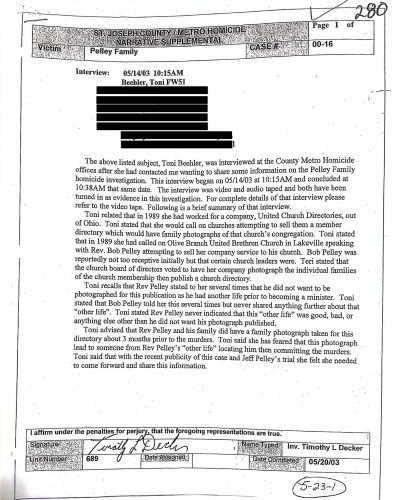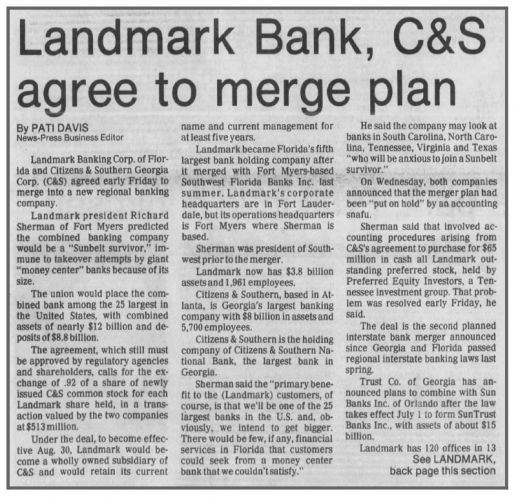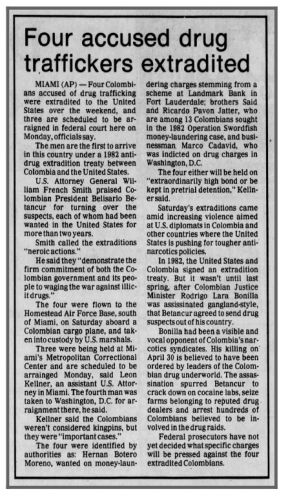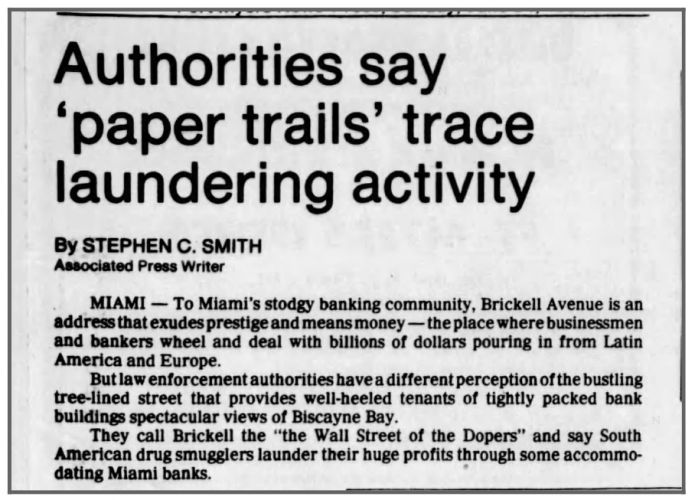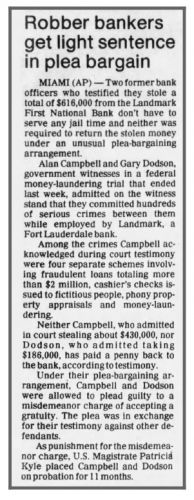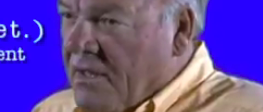Delia revisits the history of an enormous financial scandal with Bob Pelley’s former employer, Landmark bank. The CounterClock investigation reveals never-before-heard testimony from a woman who told authorities that Bob was afraid of people from his past in Florida.
Episode Photos
Episode Source Material
- “Landmark Bank, C&S Agree To Merge Plan” by Pati Davis for The Fort Myers News-Press on February 23, 1985 via Newspapers.com
- “No Bond for Extradited Colombians” by the Associated Press, published in the Fort Myers News-Press on January 8, 1985 via Newspapers.com
- “Four Accused Drug Traffickers Extradited” by the Associated Press, published in the Fort Myers News-Press on January 7, 1985 via Newspapers.com
- “Jury Pushes Probe of Bank Ties To Drug Cash” by the Associated Press, published in the Fort Myers News-Press on February 13, 1981 via Newspapers.com
- “Authorities Say ‘Paper Trails’ Trace Laundering Activity” by Stephen C. Smith for the Associated Press, published in the Fort Myers News-Press on June 21, 1981 via Newspapers.com
- “Robber Bankers Get Light Sentence In Plea Bargain” by the Associated Press, published in the Fort Myers News-Press on August 2, 1984 via Newspapers.com
- “Extradited Colombian Sentenced In Bank Money Laundering Case” by The Miami Herald on November 24, 1985 via Newspapers.com


